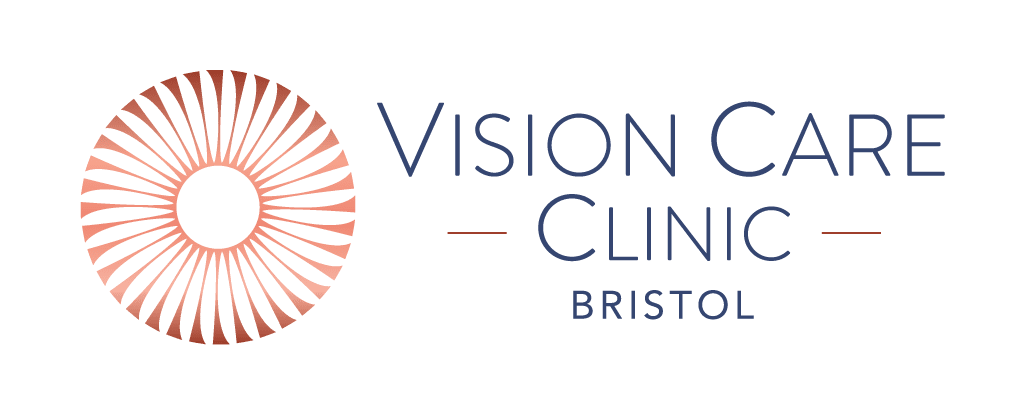Short-Sighted
Short-sightedness, also known as myopia, is a common refractive error that affects a significant portion of the population worldwide. It is characterised by the difficulty in focusing on distant objects while near vision remains relatively clear. Individuals with short-sightedness typically experience issues with tasks such as driving and watching TV.
The cause of short-sightedness is primarily attributed to the shape of the eye. In a myopic eye, the eyeball is slightly elongated, resulting in the light entering the eye- and it being refracted to a point of focus in front of the retina instead of directly on it. Myopia often develops during childhood or adolescence and progresses over time, eventually stabilising. This affects up to 30% of the population in the UK and this percentage is growing steadily.
Treatments for Short-Sight
Myopia or short-sightedness, is easily diagnosed and can be treated in a number of ways. Possible treatments for myopia include:
- Contact lenses and glasses
- Lenticular Extraction
- LASIK
- Surface
- ICL
- Lens replacement if over 50 years
For those seeking a more permanent vision solution, refractive surgery can be an excellent option. Procedures such as laser eye surgery are commonly performed to reshape the cornea, allowing light to focus directly on the retina. These surgeries can considerably reduce or eliminate the need for glasses or contact lenses, offering visual freedom and a brighter, clearer future.
It is worth mentioning that short-sightedness cannot be completely prevented, but certain measures can potentially slow down its progression. These include practicing good visual habits, such as taking regular breaks from close-up work or screens, spending time outdoors, and maintaining a proper working distance when reading or using digital devices.

Vision With Myopia
People with myopia or short-sightedness typically use glasses or contact lenses to see in the distance. Both of these methods correct vision; however, some patients find that spectacles don’t suit their lifestyle or potentially can’t tolerate contact lenses.
Short-sightedness is diagnosed through a comprehensive eye examination performed by our specialist optometrist and ophthalmologist at Vision Care Clinic. The examination typically includes a visual acuity test, where the patient reads an eye chart, and a refraction, where different lenses are used to determine the degree of myopia. In addition, extensive scanning of your eye and cornea is performed to assess the health of the eye plus strength, shape and thickness of the cornea.
Vision Correction at Vision Care Clinic
Vision Care Clinic offers a range of vision correction treatments for vision disorders such as short-sightedness, long-sightedness and astigmatism along with surgical procedures for cataracts, lens replacement and retinal surgery.
To book in for your comprehensive clinical examination, contact our team today on 0117 905 7722 for your bespoke treatment plan for short-sightedness.

